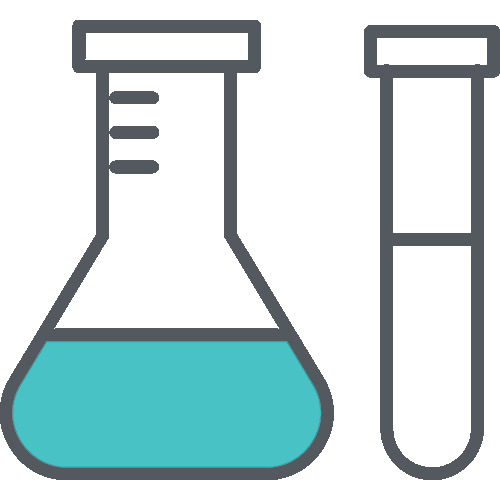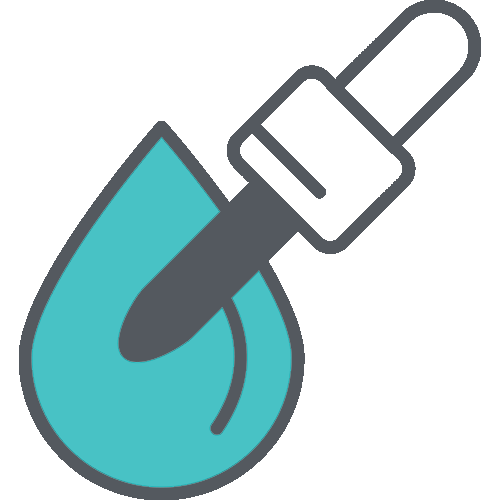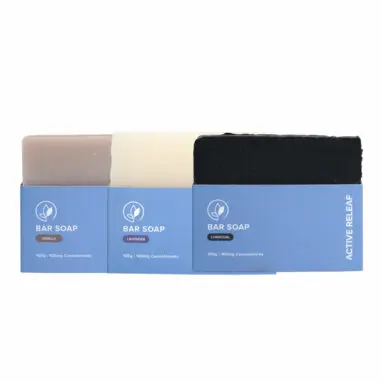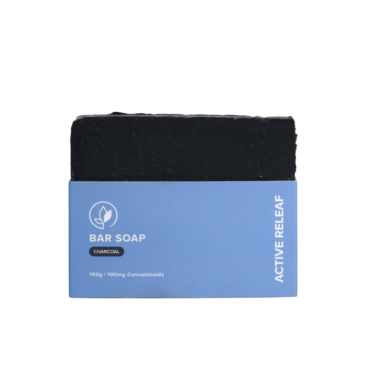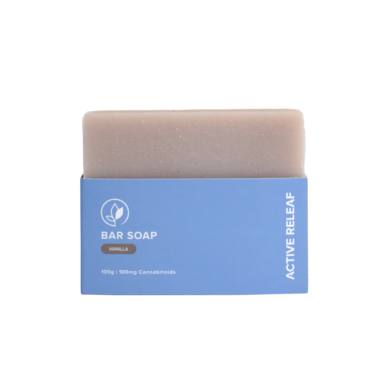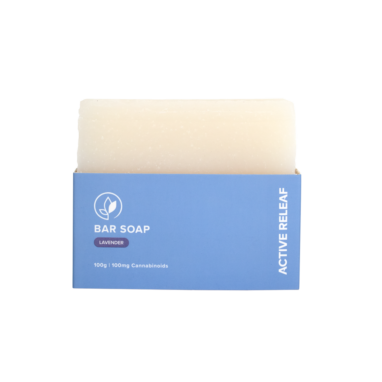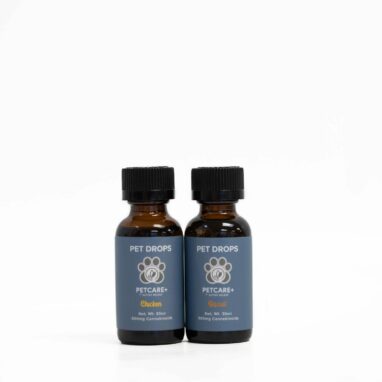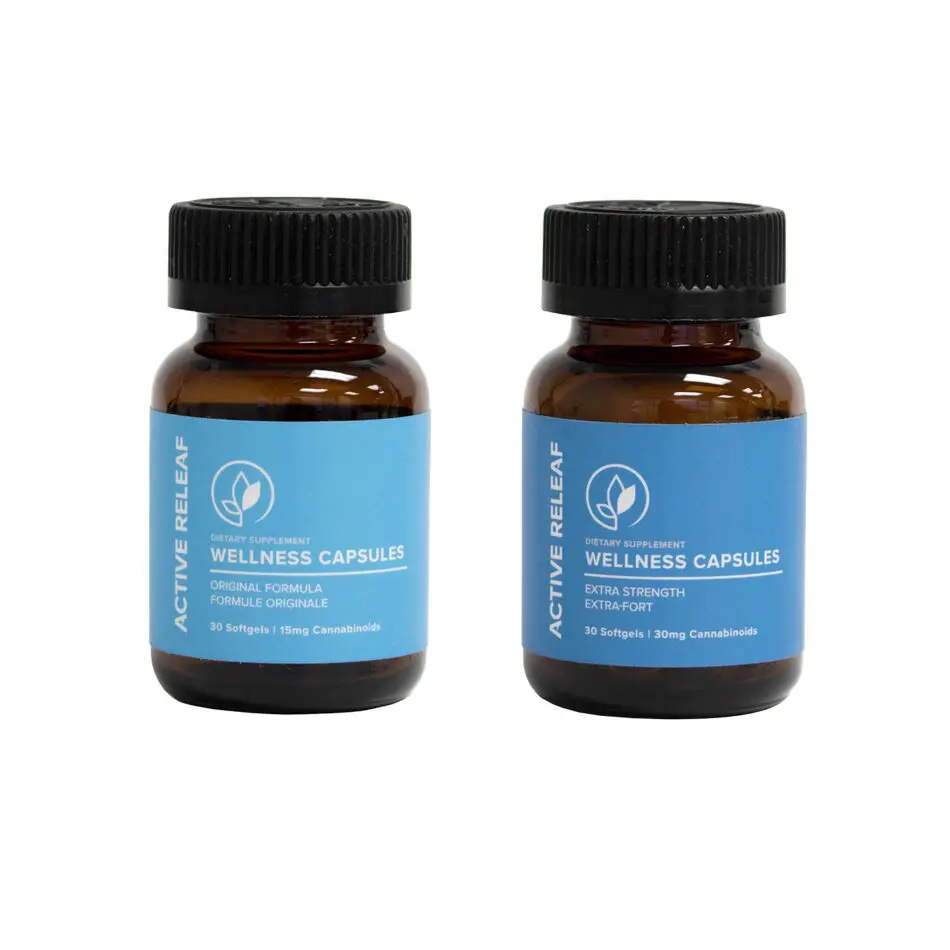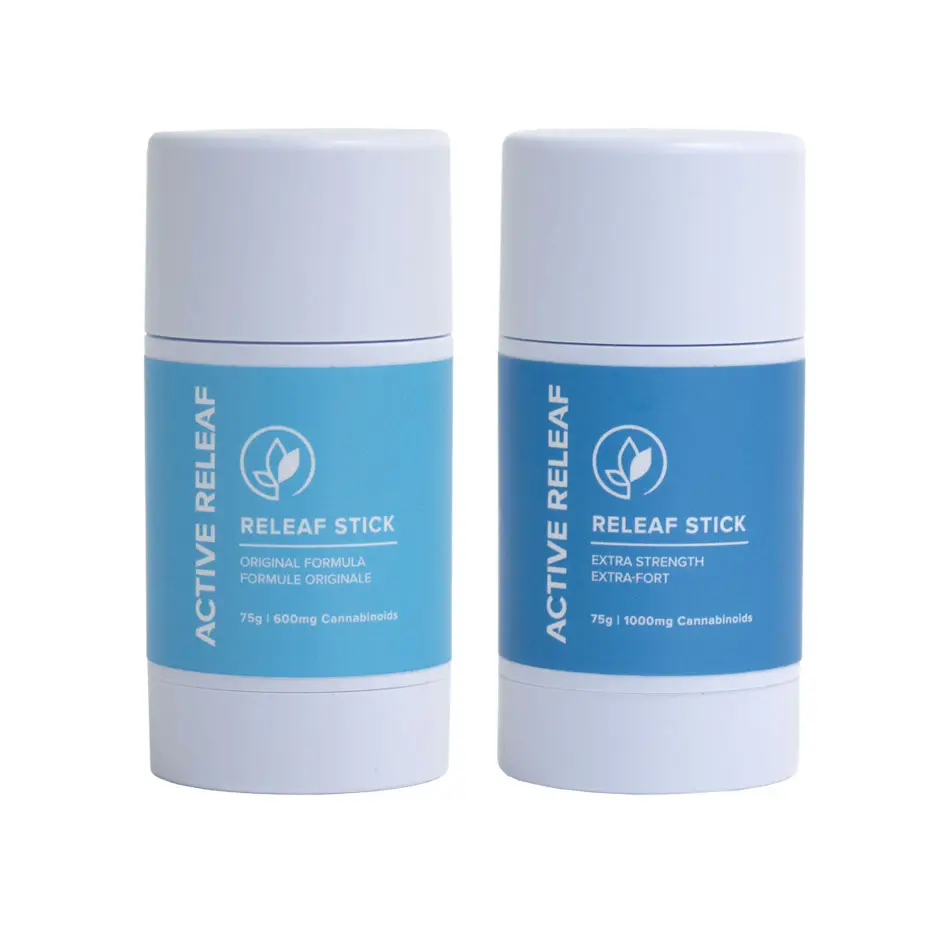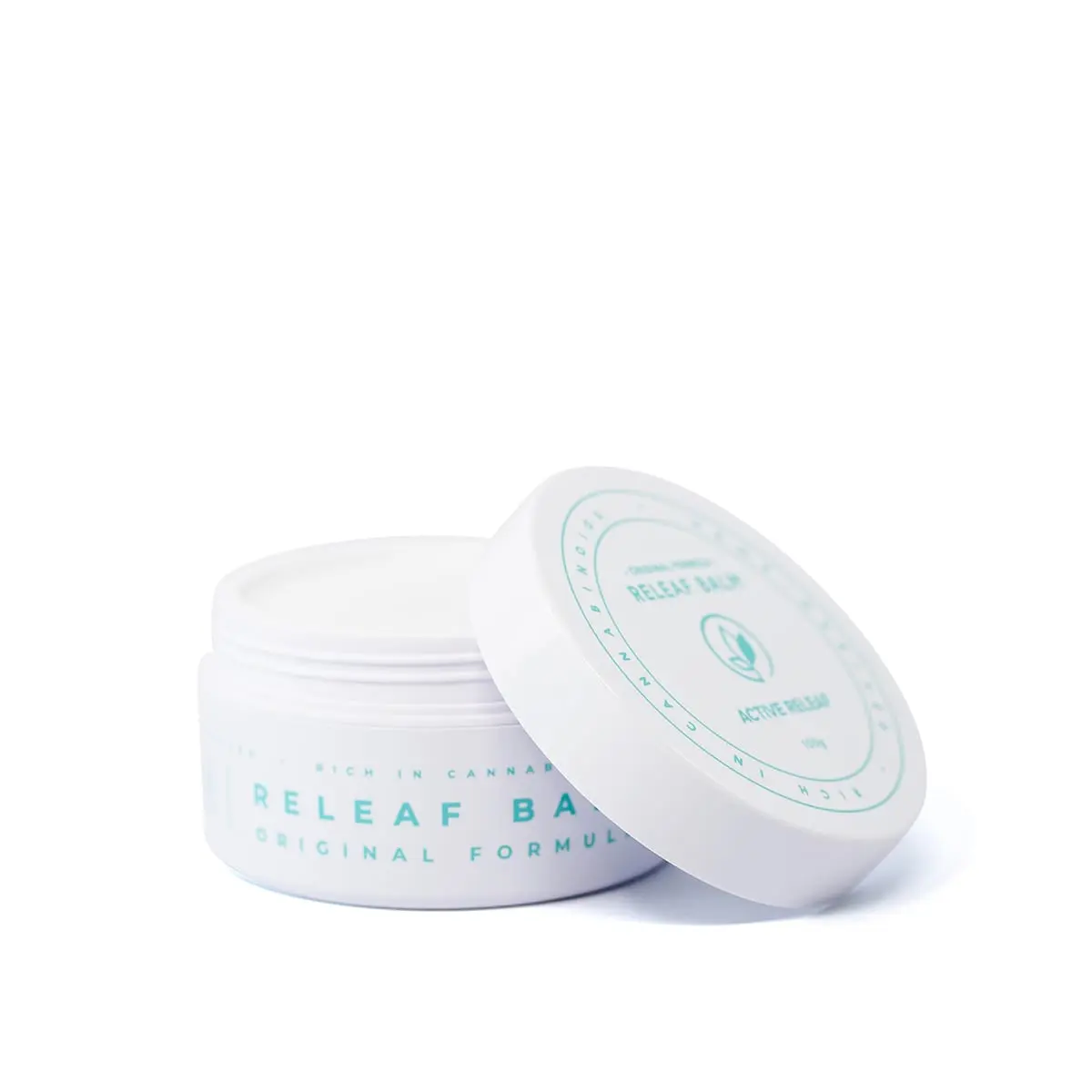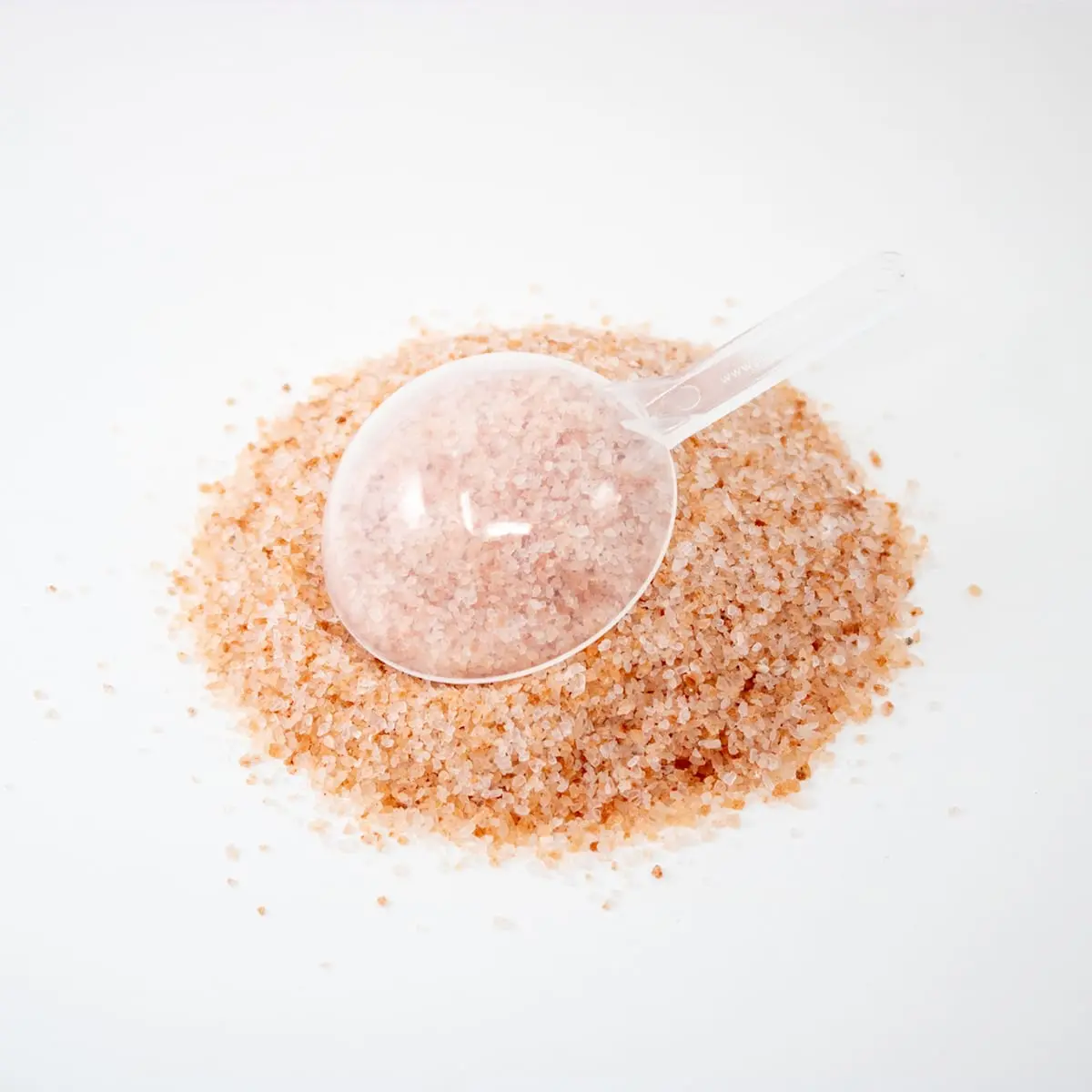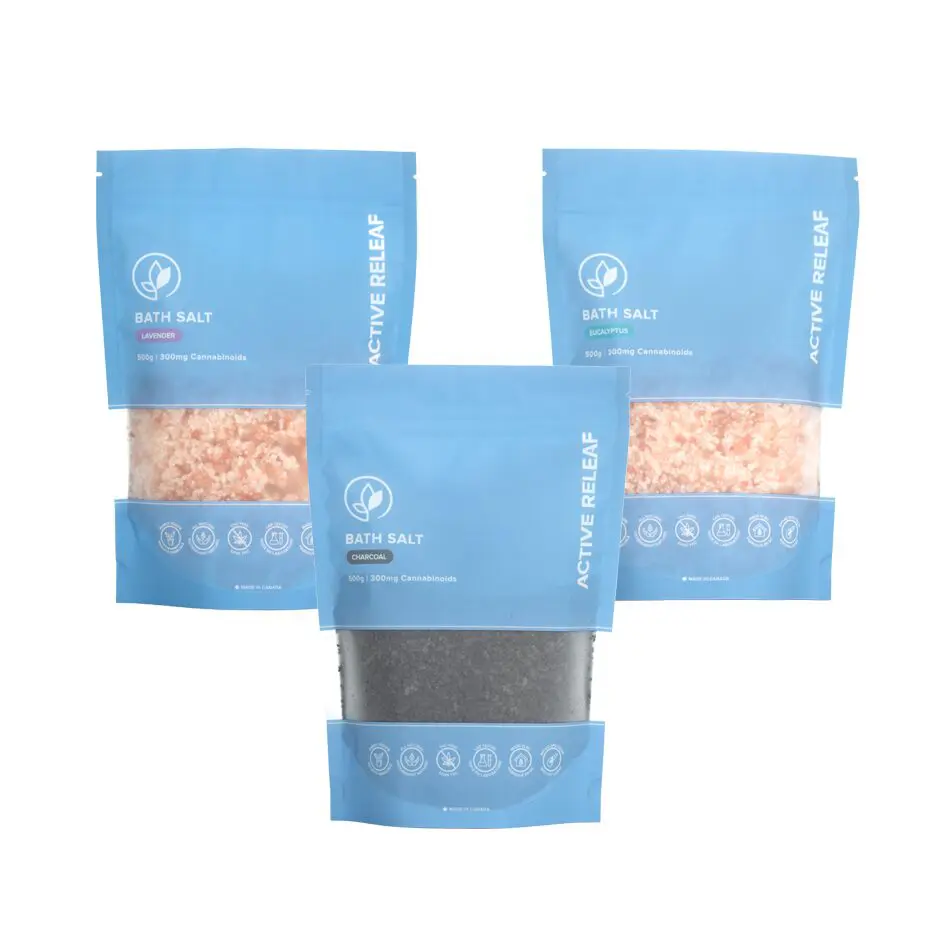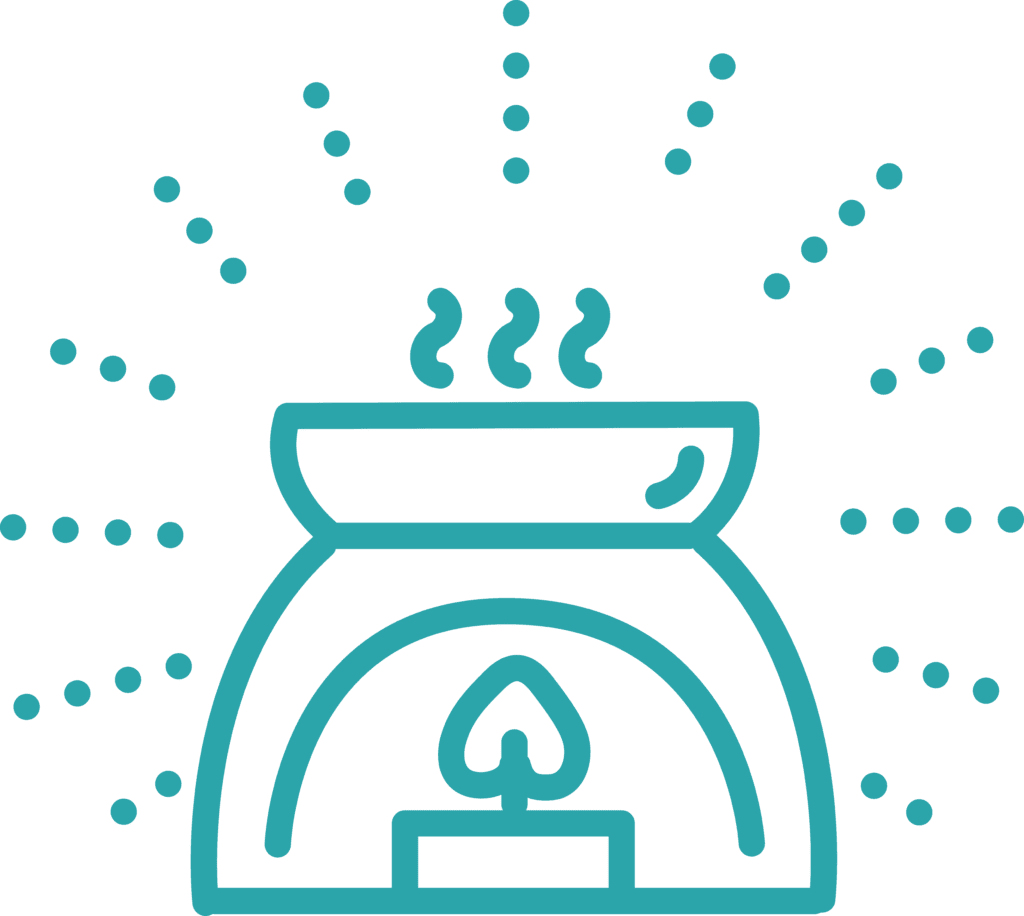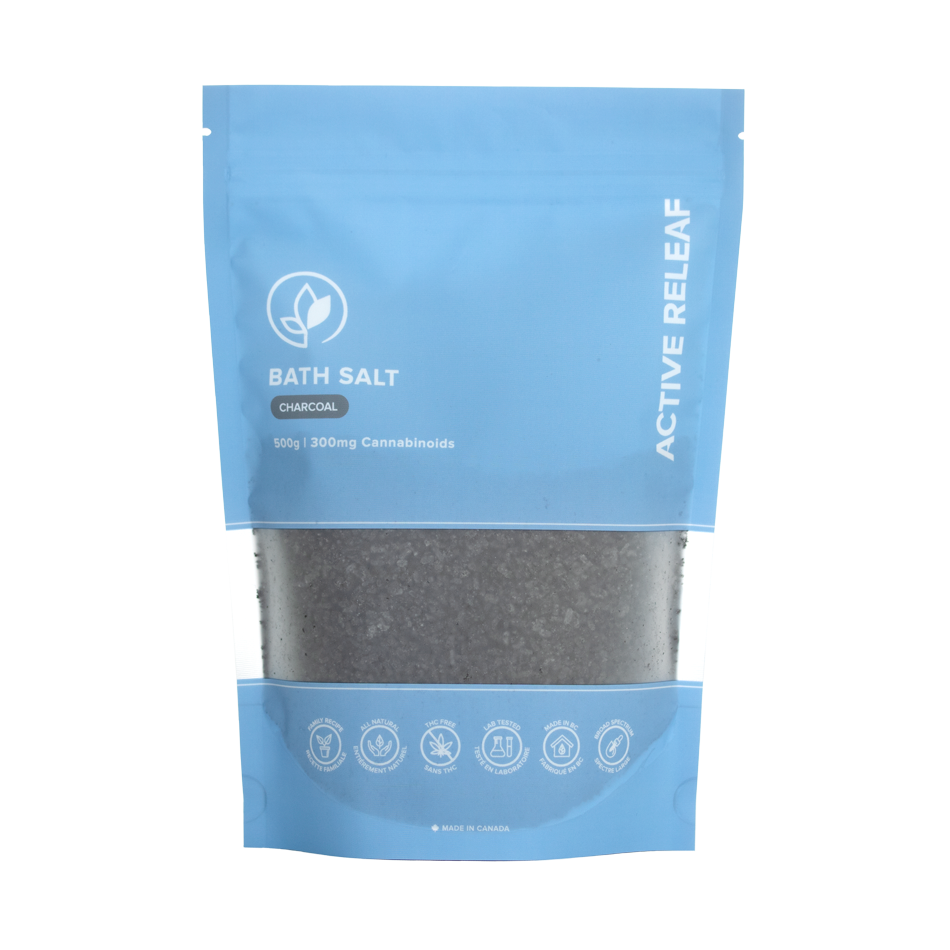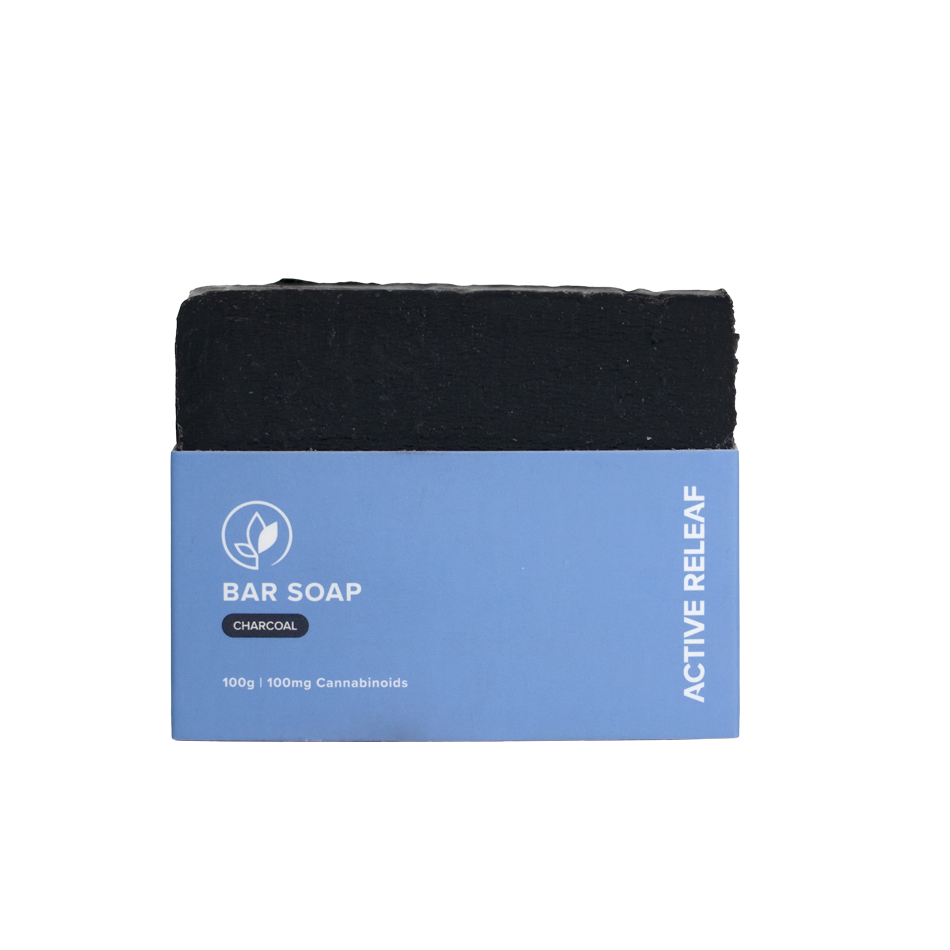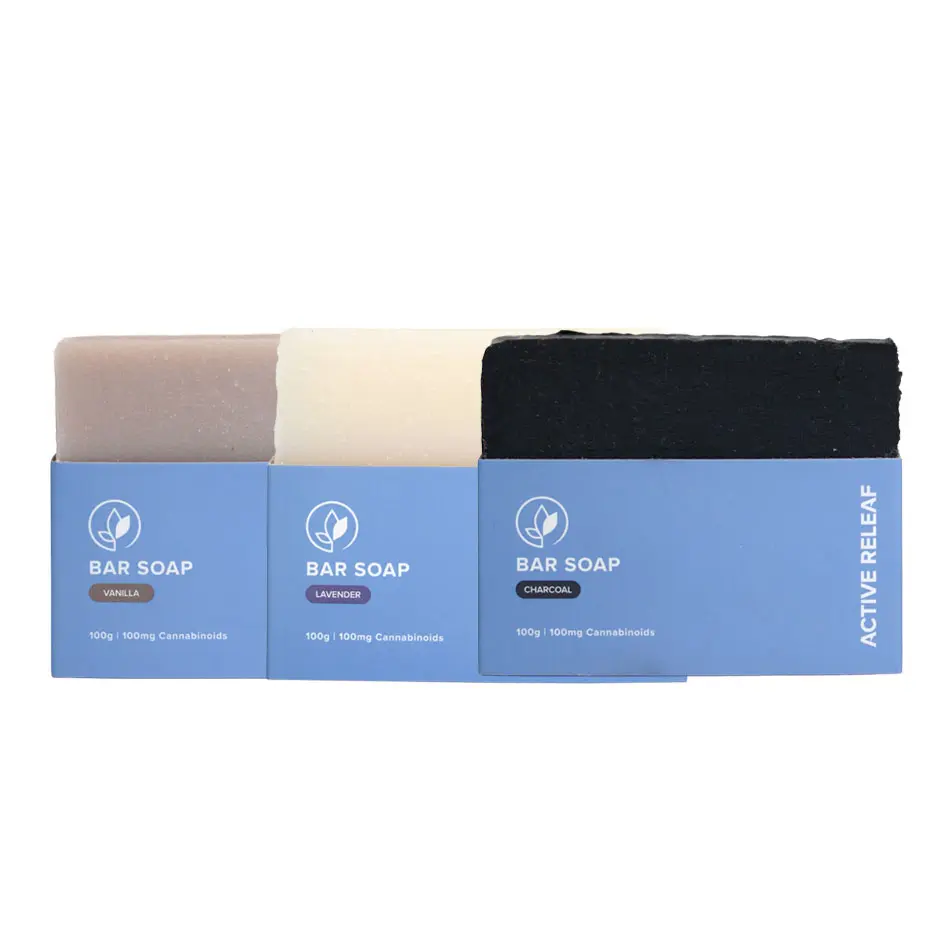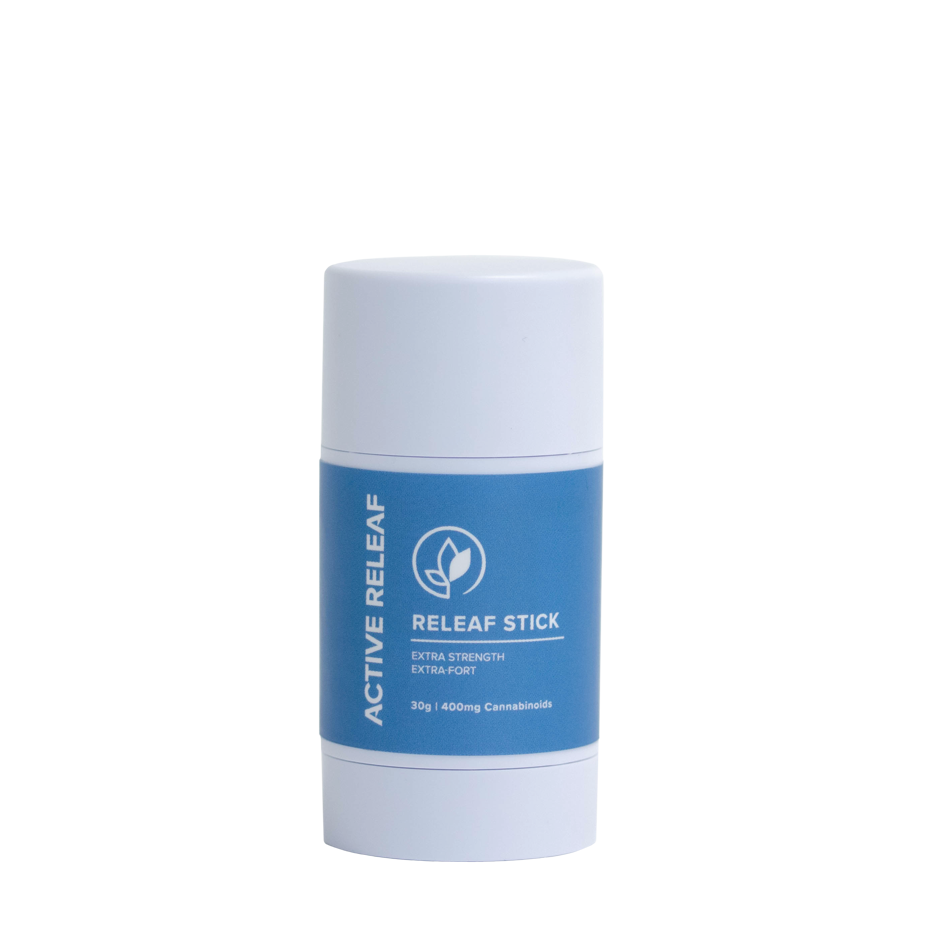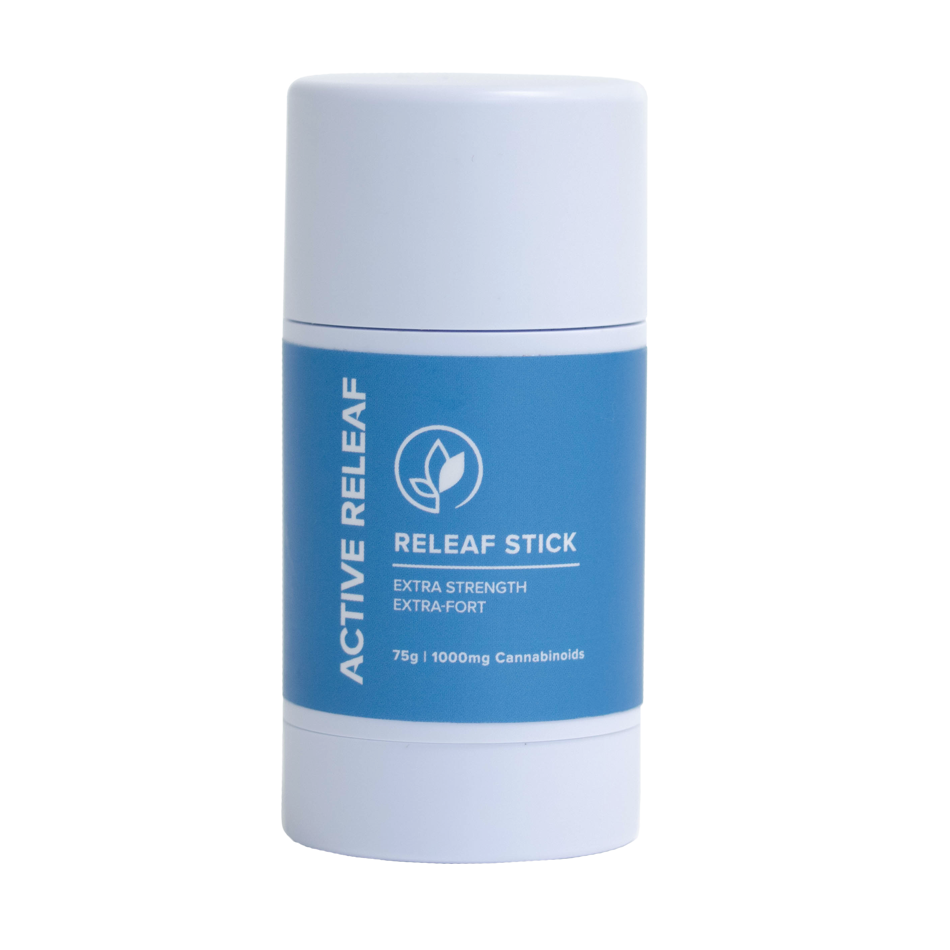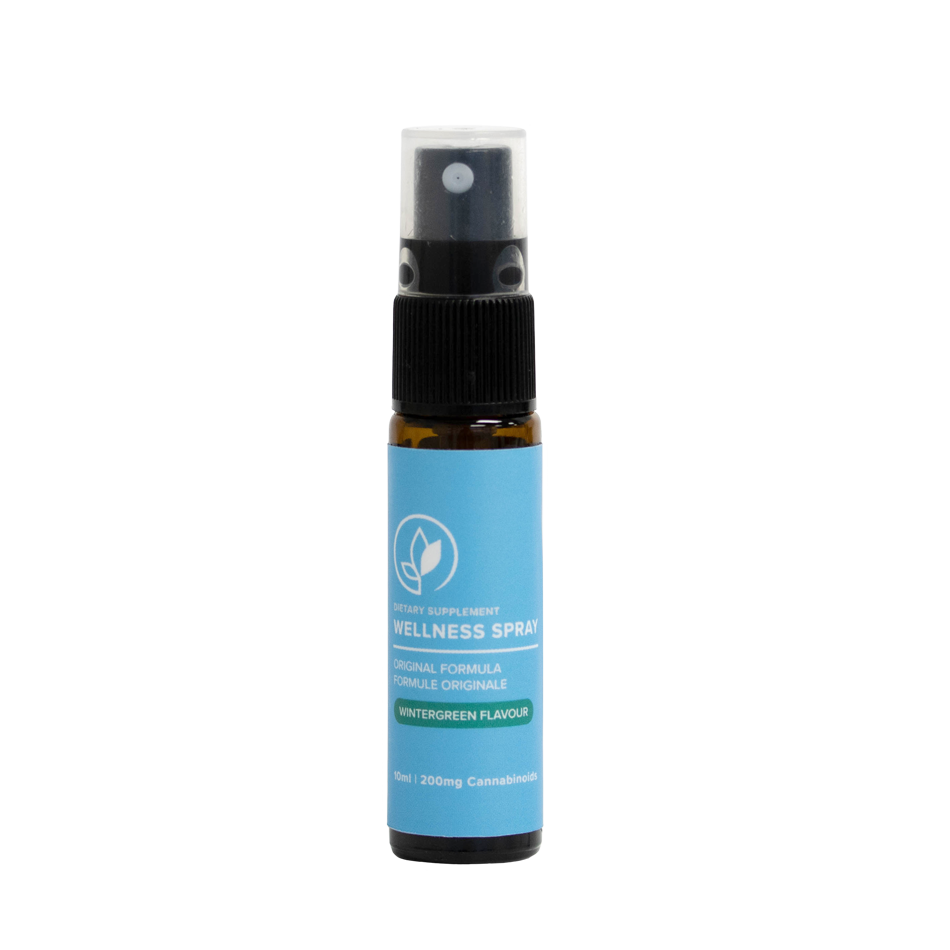Living with chronic pain is debilitating. From autoimmune disease to injury rehab to migraine, persistent pain disrupts work, social life, sleep and emotional health. Pharmaceuticals bring side effects and dependency risks. Is there a natural solution? Research indicates CBD could be the answer.
What Exactly is CBD?
CBD, short for cannabidiol, is one of over 100 active compounds called cannabinoids in cannabis plants. Unlike THC, the main psychoactive cannabinoid, CBD is completely non-intoxicating and non-addictive. It also has remarkable medicinal properties.
CBD can be extracted from hemp or marijuana. CBD oil contains CBD extracts suspended in carrier oils for simple dosing and absorption. Oils, capsules, edibles, topicals and vape liquids containing CBD are now legal in Canada as long as they contain less than 0.3% THC.
Surprising Ways CBD Battles Pain
CBD eases pain in multiple ways. First, it reduces inflammation, a key cause of chronic pain. CBD calms excessive immune response and blocks the release of inflammation-triggering cytokines. With less inflammation causing pain signals, discomfort is diminished.
CBD also appears to inhibit the activity of pain pathways in the brain and spinal cord. It prevents the transmission of pain signals to the brain, acting similar to opioid analgesics, but without the high or addiction risks.
Additionally, CBD enhances the effects of the body’s natural endocannabinoids, which regulate pain perception. It prevents endocannabinoid breakdown and amplifies their pain-relieving properties.
1.) Reduces Inflammation
Chronic inflammation contributes to many types of pain. Studies show CBD can reduce inflammation by interacting with endocannabinoid receptors throughout the immune system. This helps explain why CBD eases pain from conditions like arthritis, multiple sclerosis and neuropathy.
CBD also limits the release of pro-inflammatory cytokines, the messengers immune cells send out to trigger swelling and pain signals. Less inflammation means calmer pain signals.
2.) Manages Pain Transmission
CBD appears to inhibit the activity of pain pathways in the brain and spinal cord. This suppresses the perception of pain and minimises pain signals sent to the brain, providing analgesic effects.
In one study of rats, CBD injections provided “profound analgesia” from surgical incision pain. CBD blocks pain transmission without causing numbness.
3.) Enhances Endocannabinoids
The endocannabinoid system regulates pain perception and immune function using endocannabinoids produced in the body. CBD can boost levels of endocannabinoids like anandamide, amplifying pain relief.
CBD also keeps endocannabinoids from being broken down too quickly. The result is enhanced, prolonged effects of the body’s natural pain-fighting endocannabinoids.
CBD for Common Pain Conditions
Studies confirm CBD reduces difficult-to-treat pain from conditions like:
- Arthritis – CBD’s anti-inflammatory effects ease joint pain.
- Multiple sclerosis – Muscle spasms and nerve pain improve with CBD.
- Cancer – CBD mitigates pain from chemo, tumours and treatment.
- Migraines – CBD interrupts pain signals and serotonin imbalances that trigger migraines.
- Fibromyalgia – CBD calms overactive pain pathways and anxiety linked to fibromyalgia.
- Neuropathy – CBD repairs nerve damage and reduces numbness and tingling.
While individual results vary, many report life-changing pain relief with CBD. More human research is still needed but initial findings are very promising.
Is CBD Legal for Pain in Canada?
In 2018, Canada legalized cannabis nationwide. CBD from licensed hemp producers is legal without prescription as long as THC content remains below 0.3%. Adults can access CBD oils, capsules, edibles and topicals through authorised shops and websites.
That said, check regional regulations, as provinces have different rules around sales. Only purchase Health Canada approved products from reputable brands. Quality and concentrations vary greatly between CBD suppliers. Consult a doctor to find a suitable product and dosage for your pain symptoms.
Finding Relief with CBD
If you live with chronic pain, discuss CBD with your healthcare provider. Keep track of products, dosing and symptom relief. CBD may enhance pain management and improve function when used responsibly as part of an integrated treatment plan. Soon you may find welcome relief from pain’s disruptive grip.


